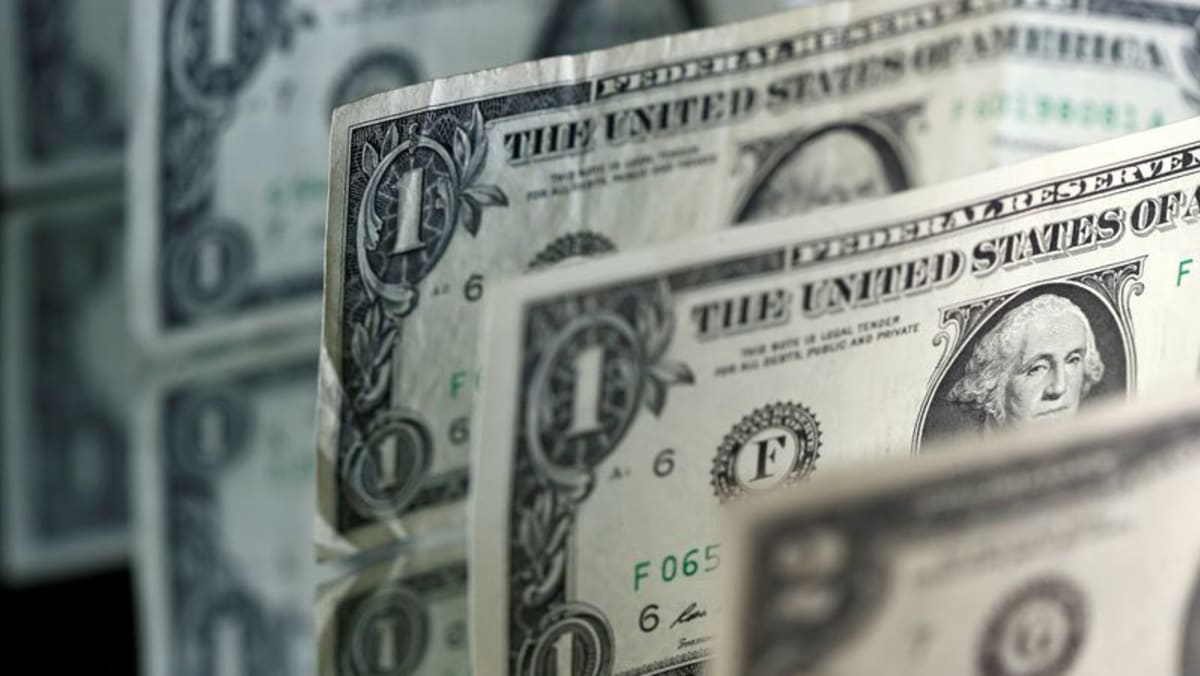As the city’s startup scene grows, CNA speaks to two founders to find out the ups and downs of starting a business.

A Hong Kong flag flutters on a vessel at Victoria Harbour in Hong Kong, China Aug 30, 2024. (Photo: REUTERS/Tyrone Siu)
New: You can now listen to articles.

This audio is generated by an AI tool.
HONG KONG: At 34 years old, Mr Victor Wong decided to leave the corporate world of banking to invest in an age-old industry – pawning.
But instead of the traditional brick-and-mortar pawnshop, his venture comes with a modern twist – it is fully online and powered by artificial intelligence.
Customers can check and compare price offers of items on the Uncle2 mobile app in real-time and decide who to transact with.
The platform is the city’s first cloud-based pawn marketplace, according to the Hong Kong Science and Technology Park (HKSTP), a government-sanctioned startup hub.
“Entrepreneurs, (we) have the spirit for challenging and improving the lifestyle of the population,” said Mr Wong.
RECORD HIGH STARTUPS
Uncle2 is among a surge of new businesses shaping Hong Kong’s entrepreneurship landscape.
Last year, the city saw 4,694 new startups, up 40 per cent from about 3,400 in 2020.
These startups employed 17,651 workers, a 65 per cent jump from four years ago, according to a report by InvestHK, a government agency that helps businesses set up in Hong Kong.
Authorities have touted the city’s strategic location as a gateway to Asia, particularly mainland China, for the record number of startups.
Other key attractions for investors included a low tax rate, accessibility to funding and an available pool of multilingual talent, the report said.
The top sectors with new ventures were mostly digital – financial technology, information technology and e-commerce. There has also been growth in the health and medical space, as well as the sustainability sector.
Hong Kong locals made up 72 per cent of the startup founders. Among foreign founders, 40 per cent were from mainland China, followed by the United Kingdom, United States, France and Australia.
FINANCIAL LEG-UP
Hong Kong has been encouraging entrepreneurs to step up and contribute to its economic development.
The international financial and shipping centre offers a variety of fundings and programmes to assist young people to take the leap into starting a business.
For instance, various incubator programmes provide advisory, technical and financial support of up to HK$500,000 (US$65,000) to nurture startups in their initial months.
Some initiatives offer rent-free accommodation, seed funding for prototypes, and connect entrepreneurs with angel investors.
GreenPrice is one such business that benefited from initial seed funding from the government to kickstart the social enterprise.
The company sources food and toiletries that are close to their expiration dates from vendors in Hong Kong and overseas.
Aside from lower prices, customers also benefit by participating in sustainable practices and helping to mitigate food waste, the firm said.
 A GreenPrice store in Hong Kong selling food items and toiletries. The social enterprise says that reselling short-dated products from firms that would otherwise have thrown them out helps to reduce food waste.
A GreenPrice store in Hong Kong selling food items and toiletries. The social enterprise says that reselling short-dated products from firms that would otherwise have thrown them out helps to reduce food waste.
Mr Terence Hon and his university friends came up with the idea eight years ago, when they were just 19.
But starting out was tough and it took two years before GreenPrice broke even.
“We had no knowledge in retail and we were doing everything ourselves. It was very challenging,” the 27-year-old told CNA.
“(Developers) previously looked for big brands to put in shopping malls to stay safe. (But) in recent years, because the economy is not that good, they try to bring in new, local players. So, it's a pretty good time for us to expand.”
Today, the business that started with a tiny branch in the bustling Kowloon district has grown to 13 stores across Hong Kong, alongside an online marketplace.
LINKING STARTUPS AND INVESTORS
Still, some startups say they need a longer runway to success and are hoping for more initiatives to keep them on their feet.
Uncle2, for instance, received HK$1.3 million in seed funding and incubation assistance from HKSTP.
The firm has employed advanced technologies to lower operating costs and increase revenue, and uses social media to reach more and younger customers.
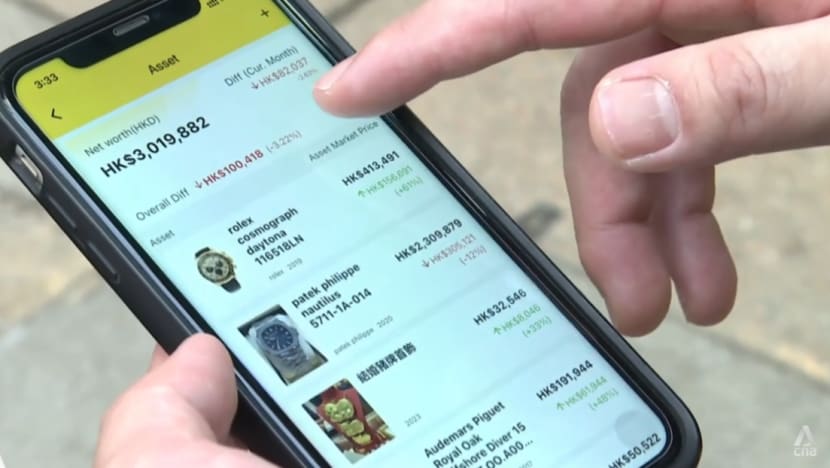 The Uncle2 cloud-based pawn marketplace, where users can compare prices and transact items on the Uncle2 mobile app in real-time.
The Uncle2 cloud-based pawn marketplace, where users can compare prices and transact items on the Uncle2 mobile app in real-time.
But three years on, the pawn services business is struggling to get fresh funding. It has approached venture capitalists but has yet to acquire more capital.
“The competition for (acquiring) funding in Hong Kong is quite hard. (Even) after getting grants … you have to survive after the incubation period. The rental cost, labour cost, research and development cost … are quite high here,” its founder Mr Wong said.
He added he hopes the government can cultivate an environment for networking that links startups with private investors and established businesses for collaboration and mentorship.
Despite the challenging environment, GreenPrice’s Mr Hon said the entrepreneurship journey has been fulfilling and meaningful.
“To pivot is very important. You cannot just focus on one area or one kind of product. You need to always be on your feet, talk to customers and staff, to know about the real situations and make adjustments accordingly,” he said.
The enterprise is looking to open even more branches in Hong Kong and is considering expanding overseas to countries like Singapore.















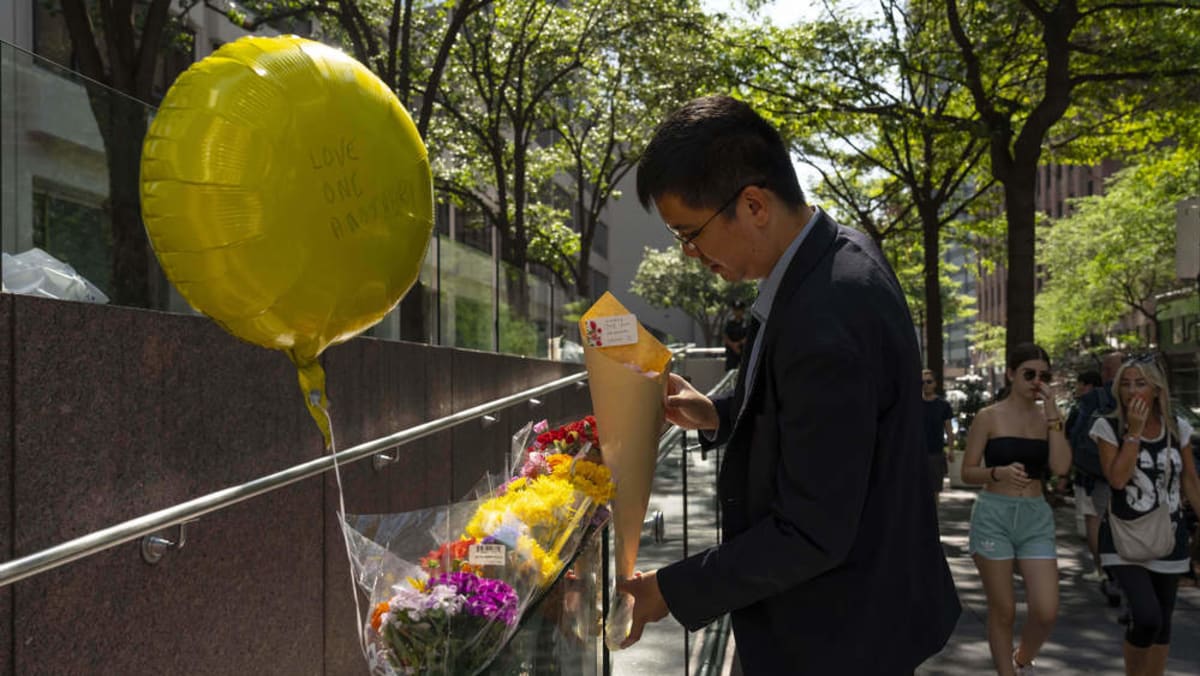


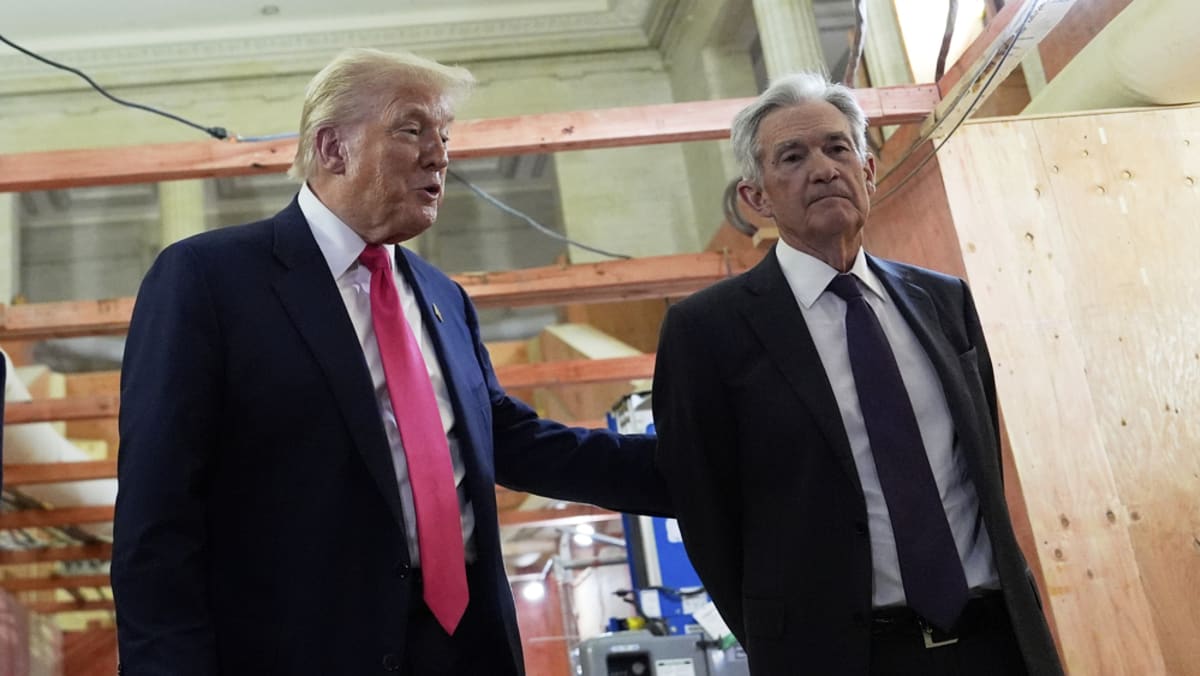
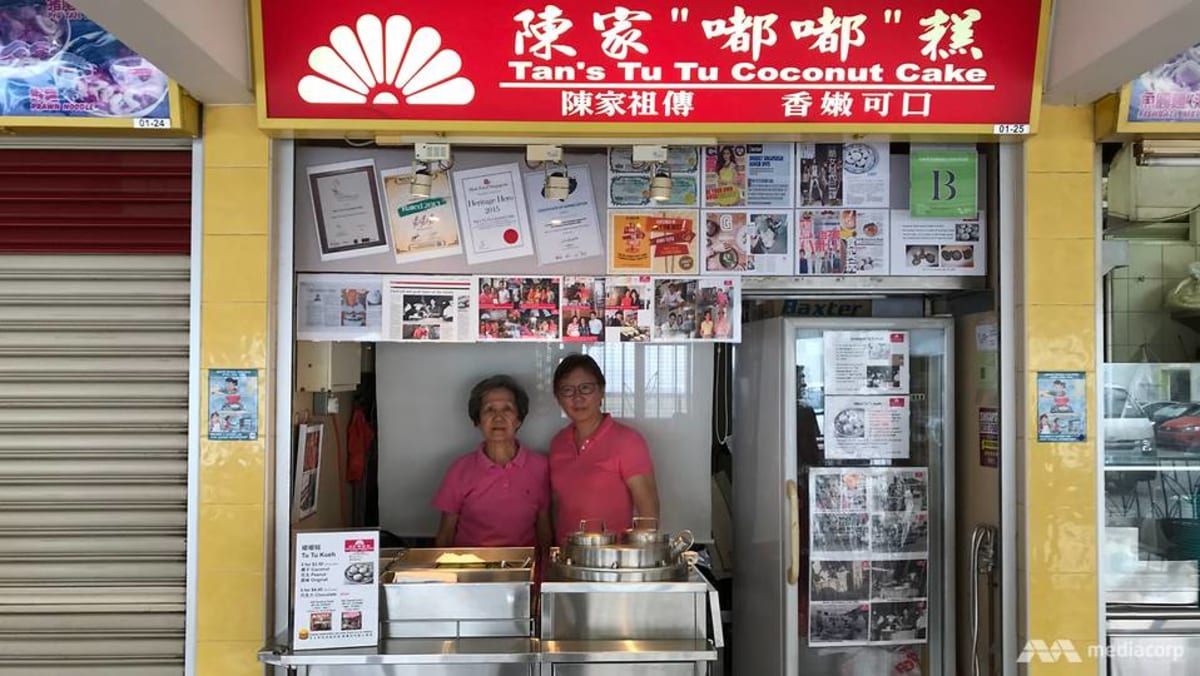

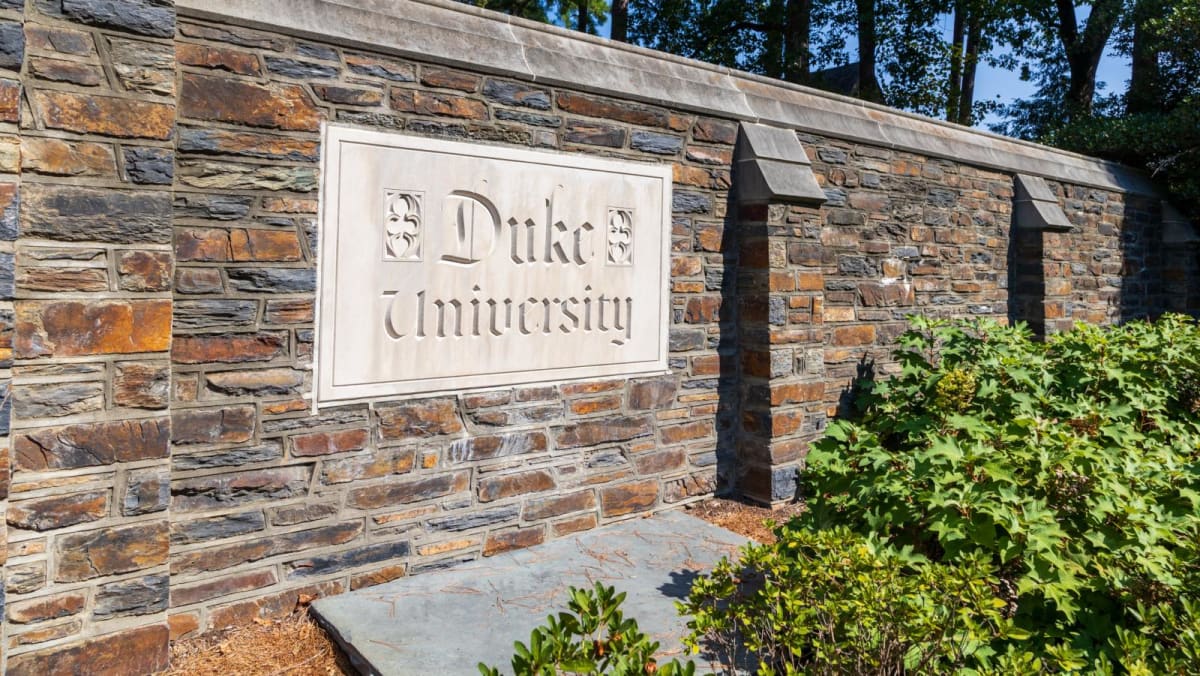




























.png?itok=erLSagvf)
